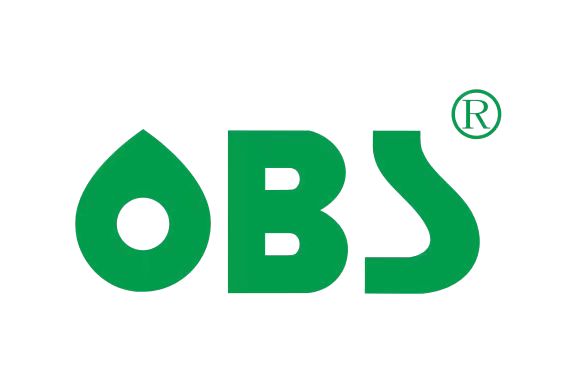Vaccine passports may soon define travel. How long will this last?
Latiffe Ghanem | June 4, 2021
The world received with relief the news of effective vaccinations one year after the beginning of the pandemic; however, vaccination progress has been unequal throughout the planet and travel restrictions are still in effect in many countries. The tourism industry has been hit hard and governments are considering strategies to attract tourists but at the same time, ensure the safety of residents and visitors. Right now the real promise of this is the vaccine passport.
Considering that getting the COVID-19 vaccine is not mandatory, the vaccine passport will certify travelers as fully vaccinated, show PCR test results or whether you've recovered from the virus, and indicate country quarantine requirements, all in one device. So far, these passport initiatives are being developed per country and will be accessed through mobile device applications. The European Union (EU) is at the forefront of the digital passport. In June it released its digital green certificate in 7 countries (Bulgaria, Croatia, Czech Republic, Denmark, Germany ,Greece, Poland) and its release in all 27 member states, is expected on July 1st. Many countries are expected to follow suit; however, a vaccine passport also poses some challenges and many governments have already ruled out the idea, such as Israel.
For starters, it restricts travel for those individuals who live in places where vaccination rollout is slow, such as many Latin American and underdeveloped countries. This would definitely not boost tourism and be an exclusion mechanism rather than a travel booster. On the other hand, given that COVID-19 vaccine is not mandatory, even if you travel in a tested PCR flight or have been fully vaccinated, this does not mean you cannot get the virus during your travels, So it stands to question its future effectiveness. Ultimately, vaccination progress and herd immunity will determine the future of travel, but until then vaccine passports will probably prevail.
It is also important to mention that any vaccine passport will depend on connectivity and technology, which will probably boost other innovative and data-based tools to avoid the spread of coronavirus and ensure safety for travelers. A vaccine passport further emphasizes the digitization of healthcare records and also poses questions in terms of privacy and security, which are yet to be addressed. Right now, short-term tech-driven solutions to the present emergency situation are arising, such as the vaccine passport, but once the COVID-19 begins to subside it is very likely that these will be left behind, especially considering that a passport depends on who considers it valid and how many countries actually accept them.
It is safe to say that technology has been a true lifesaver throughout the COVID-19 pandemic and is redefining how we interact and travel and do business, but not least important, how we store, share, and interpret healthcare information, both for businesses and patients. The vaccine passport will open the door for new medical record keeping tools, but as a travel passport as such, it is unlikely to prevail under a post-pandemic scenario.






























